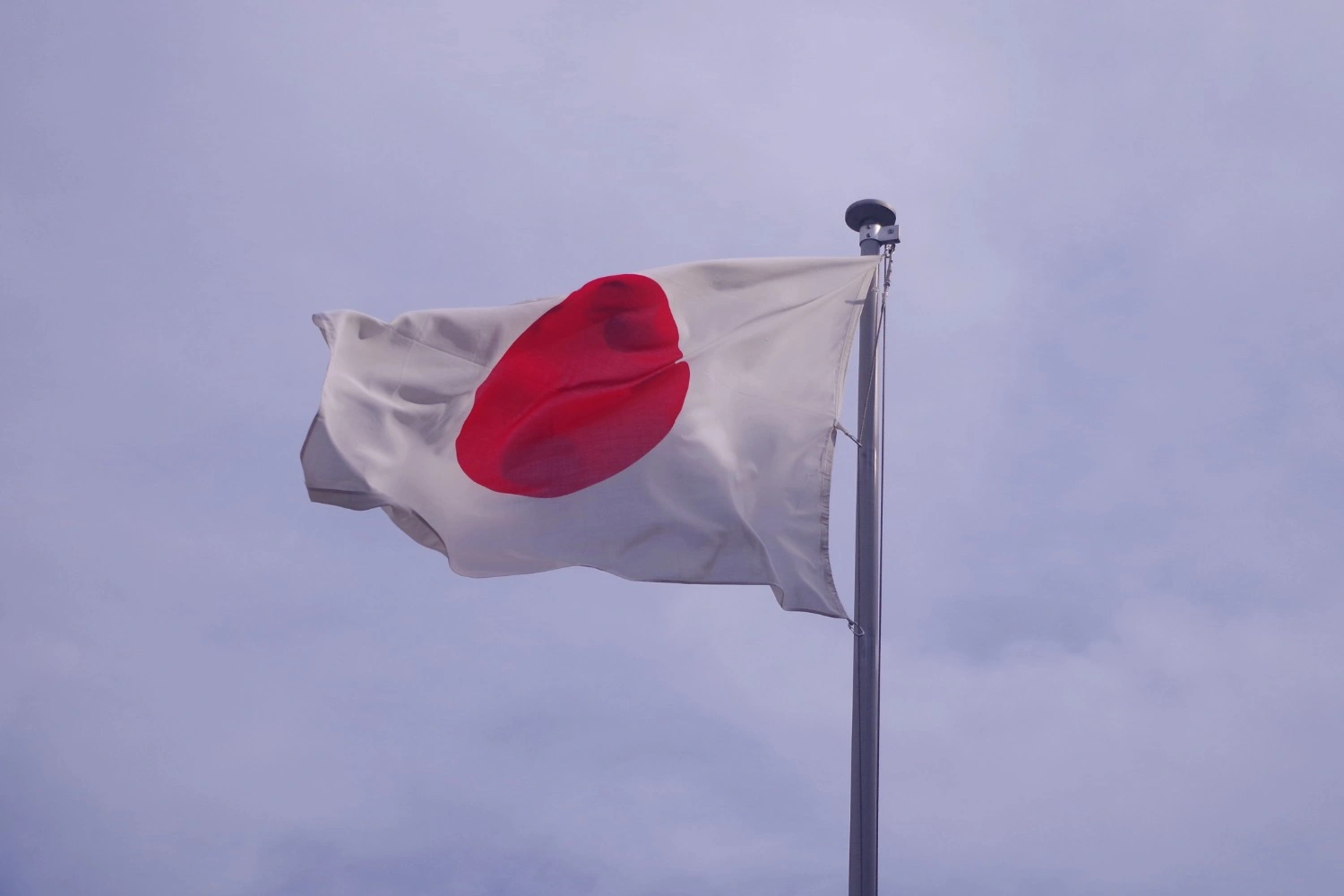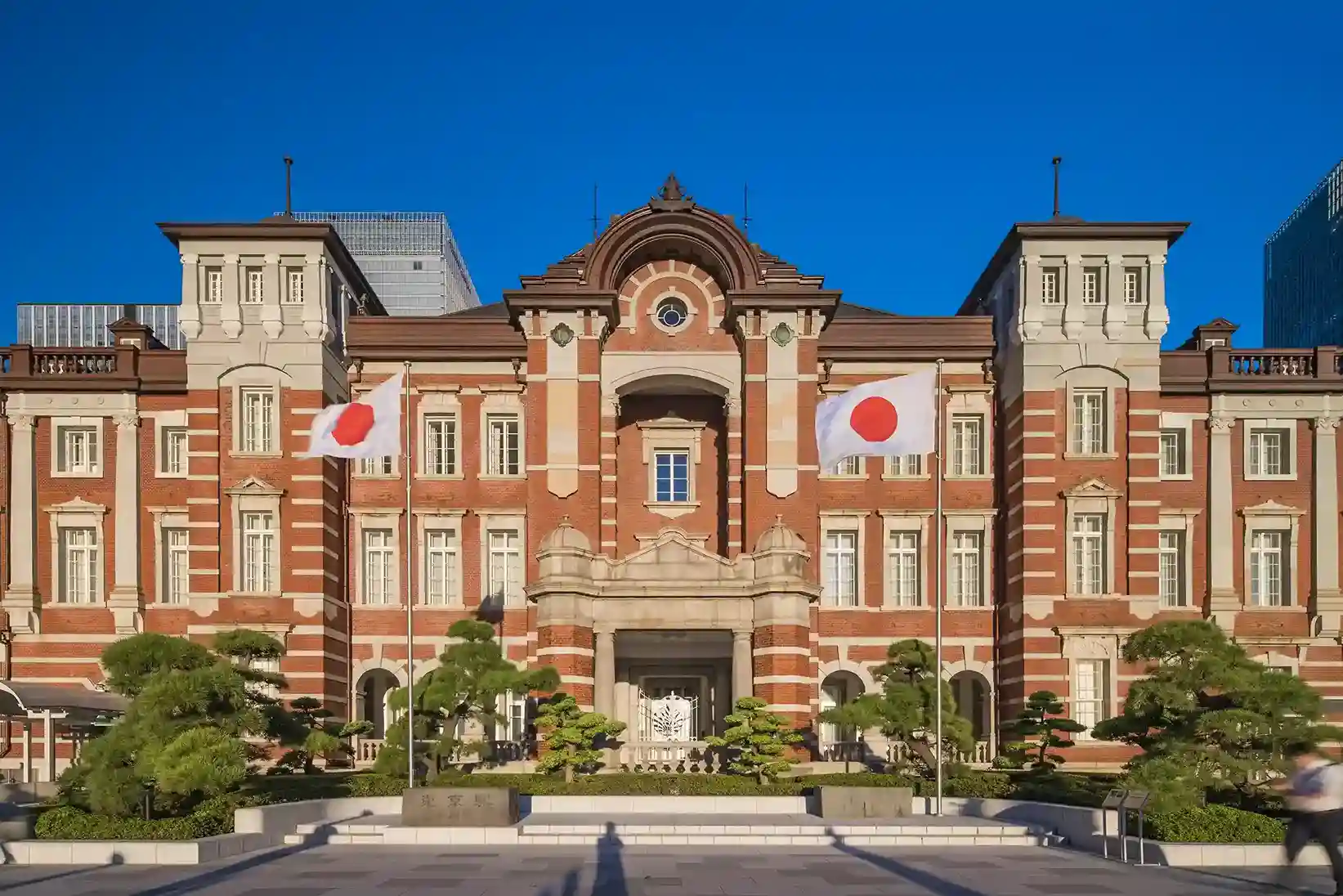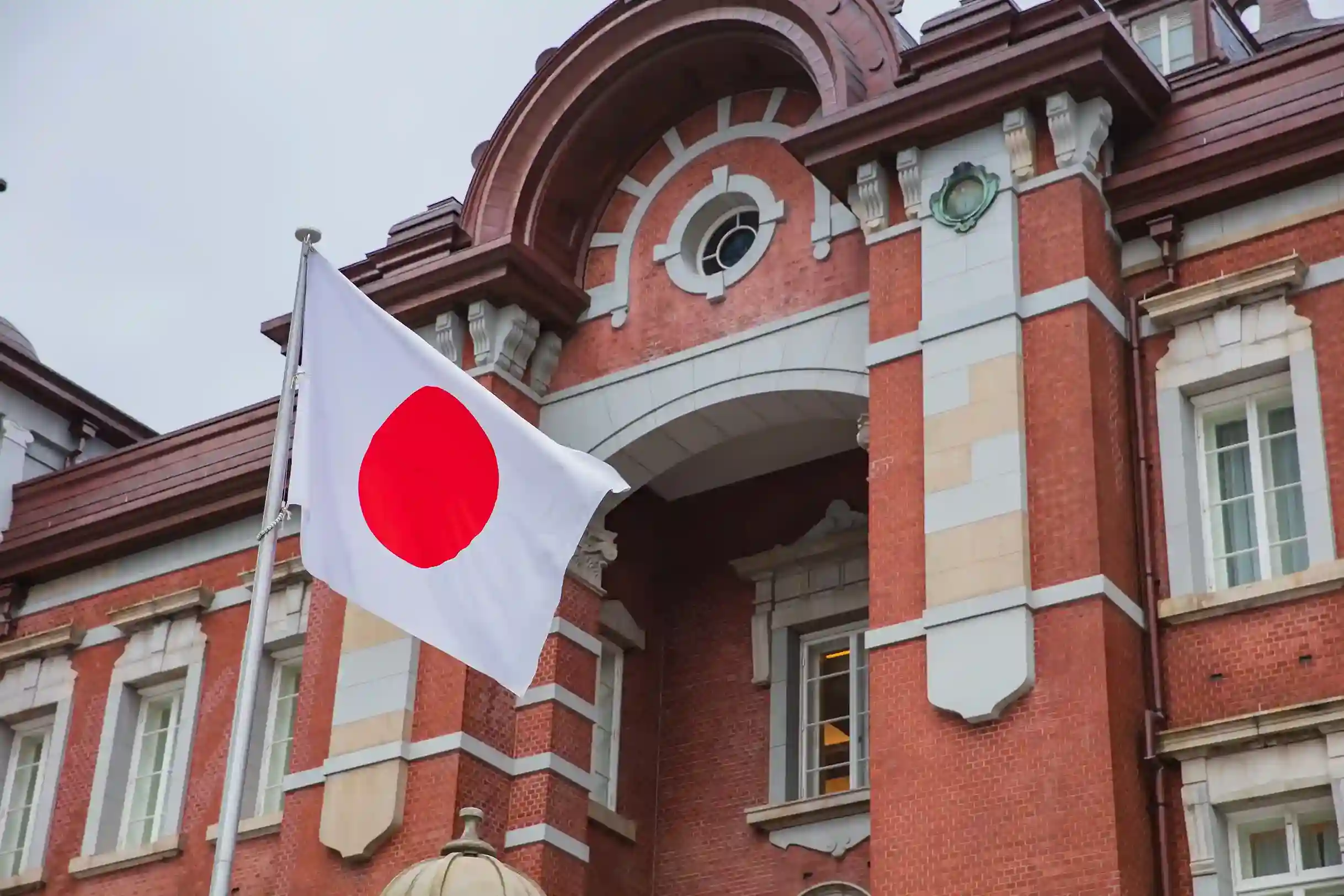Japan is an emerging destination for international students looking to pursue an MBA. What sets Japan apart is its combination of cutting-edge innovation, world-class education, and exceptional quality of life, along with excellent networking and career opportunities. As one of the largest economies, Japan has tie-ups with industry leaders such as Toyota, Sony, and SoftBank, which provide MBA graduates with direct access to business networks across Asia and beyond.
Key highlights:
- Why Study MBA in Japan?
- MBA in Japan – At a glance
- Top Universities to Study MBA in Japan for Indian Students in 2025
- Eligibility and Admission Requirements for Studying an MBA in Japan
- Cost of Studying an MBA in Japan
- Tuition Fees of the 3 Best MBA Colleges in Japan
- Cost of Living in Japan
- Step-by-step Admission Process for MBA in Japan
- Career & Salary Scope After an MBA in Japan

Why Study MBA in Japan?
Choosing to pursue an MBA programme in Japan offers several advantages, especially for Indian students:
- Access to Global Universities: Japan is home to some of the best universities for an MBA. These institutions are recognised globally for academic excellence and strong industry links, providing students with a global edge.
- Corporate Network and Placements: Japanese MBA colleges maintain strong corporate networks. It helps MBA students with direct connections to global career placements and valuable internship opportunities. For example, universities such as Hitotsubashi ICS have links to companies like Mitsubishi UFJ and Toyota, while Waseda University works closely with SoftBank and Sony. Nagoya University of Commerce and Business (NUCB), a top MBA school in Japan, has exchange relationships with over 120 overseas partner schools, providing students with broad international exposure and a diverse learning environment.
- Post-Study Work Opportunities: Graduates can remain in Japan to seek employment by changing their visa status from “Student” to “Designated Activities”. This visa is typically valid for six months and can be extended once for a total stay of up to one year to continue the job-hunting process.
- 1-year MBA Programmes: Students can opt for accelerated 1-year MBA programmes offered by many Japanese universities. These are perfect for professionals looking for a career boost.
MBA in Japan – At a Glance
An MBA degree in Japan focuses on innovation, sustainability and exposure to International markets to align students and professionals with global business trends.
| Details | Information |
|---|---|
| Number of MBA Universities in Japan |
|
| Course Duration |
|
| Language |
|
| Main Intakes |
|
| Core Study Areas |
|
Top Universities to Study MBA in Japan for Indian Students in 2025
Here are the best business universities in Japan, offering an MBA in English (as the medium of instruction).
- Kyoto University
- Hitotsubashi University
- Waseda University
- International University of Japan
- Ritsumeikan Asia Pacific University
- NUCB Business School
- Doshisha Business School
- Globis University
Cost of Studying an MBA in Japan
The cost of studying an MBA in Japan comprises tuition fees and living expenses, which also vary by university, chosen specialisation and your lifestyle.
Tuition Fees of the 3 Best MBA Colleges in Japan
| College | Course Name | Language | Duration | Application Fee (One-time; Non-refundable) | Tuition Fees |
|---|---|---|---|---|---|
| Hitotsubashi ICS | MBA | English | 1-2 years | ~JPY 280,000 | ~JPY 640,000 per year |
| Waseda Business School | International MBA | English | 2 years (Full-time) | ~JPY 300,000 | ~JPY 880,000 (First year) |
| Nagoya University of Commerce & Business (NUCB) | International MBA | English | 1-2 years | ~JPY 270,000 | ~JPY 775,000 (First year) |
Students should note the payment structure for Japanese universities, which typically includes a one-time, non-refundable Entrance Fee (also referred to as an Admission Fee or Matriculation Fee). This charge is separate from the annual tuition and must be paid, alongside the tuition fees, to complete the enrollment process.
Cost of Living in Japan
| Category | Cost Range |
|---|---|
| Living Cost | ~JPY 1,00,000 – JPY 1,50,000 per month |
| Books and Materials | ~JPY 50,000 – JPY 1,00,000 per year |
| Insurance | ~JPY 20,000 per year |
| Miscellaneous | ~JPY 10,000 – JPY 20,000 per month |
The exact cost of living varies from city to city. Main cities like Tokyo can see higher rent, food and transportation costs than smaller cities such as Osaka or Nagoya.
Eligibility and Admission Requirements for Studying an MBA in Japan
The entry requirements for admission to the MBA programmes in Japan for Indian students vary depending on the university. Below are the general admission requirements:
- A completed bachelor’s degree from a recognised institution.
- A Grade Point Average (GPA) of 2.5 or above.
- Submission of all academic transcripts.
- English language proficiency through tests such as the International English Language Testing System (IELTS) or the Test of English as a Foreign Language (TOEFL)
- Relevant full-time work experience
- Standardised test score of the Graduate Management Admission Test (GMAT)
- Statement of Purpose (SOP), detailing your academic background and career goals.
- Letters of Recommendation (LORs)
- A resume or Curriculum Vitae (CV)
Step-by-step Admission Process for MBA in Japan
- Step 1: Research and shortlist universities based on the choice of course content, duration, curriculum, programme language and industry links.
- Step 2: Check the eligibility and verify the requirements of your shortlisted universities.
- Step 3: Gather all the required documents, such as transcripts, LORs, SOP, and test scores.
- Step 4: Submit your application through the university websites or as directed before the deadlines.
- Step 5: Keep an eye on any communication from the university. Appear for the entrance interview/test (if required).
- Step 6: Wait for the offer or acceptance letter from the university.
- Step 7: Once received, pay the admission fee to reserve your seat.
- Step 8: Apply for your student visa with documents showing proof of funds. You may secure an education loan once you secure a seat in your chosen university.
- Step 9: Arrive in Japan and embark on your academic journey.
Also Check: Top MBA Entrance Exams in India
Career & Salary Scope After an MBA in Japan
MBA graduates in Japan typically start with salaries between JPY 4,500,000 and JPY 8,100,000 annually. Some of the sectors, such as finance and manufacturing, see high demand for business professionals, which ensures strong job placement and career prospects for international graduates.
Students who complete their studies from the best MBA colleges in Japan often secure positions in global companies across these key roles:
- Management Consultant
- Financial Controller/Associate
- Data Analyst
- IT Manager
- Product Manager
- Sourcing Manager
- Quality Engineer
- Head of Strategy & Operations
Studying for an MBA at one of the top business schools in Japan offers global exposure and opportunities to learn from top corporations. However, the cost of studying in Japan can be overwhelming.
At Avanse Financial Services, we support aspiring students with hyper-personalised education loans for studying in Japan. We offer student loans with 100% financing, quick sanctions, and flexible repayment options. You can also use our education loan EMI calculator to determine your monthly payments to plan better. If you have any queries about student loans or interest rates on education loan, please remember we are just a call away.











